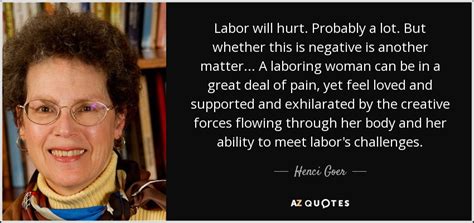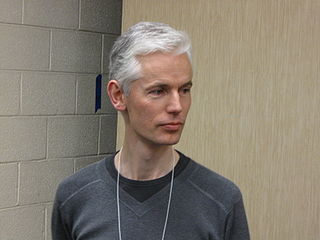A Quote by Richard P. Feynman
If there is something very slightly wrong in our definition of the theories, then the full mathematical rigor may convert these errors into ridiculous conclusions.
Quote Topics
Related Quotes
Our minds are specifically adapted to developing certain theories, and we have a science if the theories that are available to our minds happen to be close to true. Well, there is no particular reason to suppose that the intersection of true theories and theories that are accessible to the mind is very large. It may not be very large.
In living literature no person is a competent judge but of works written in his own language. I have expressed my opinion concerning a number of English writers; it is very possible that I may be mistaken, that my admiration and my censure may be equally misplaced, and that my conclusions may appear impertinent and ridiculous on the other side of the Channel.
If the system exhibits a structure which can be represented by a mathematical equivalent, called a mathematical model, and if the objective can be also so quantified, then some computational method may be evolved for choosing the best schedule of actions among alternatives. Such use of mathematical models is termed mathematical programming.
We think we know what we are doing. We have always thought so. We never seem to acknowledge that we have been wrong in the past, and so might be wrong in the future. Instead, each generation writes off earlier errors as the result of bad thinking by less able minds - and then confidently embarks on fresh errors of its own.
I shall often go wrong through defect of judgment. When right, I shall often be thought wrong by those whose positions will not command a view of the whole ground. I ask your indulgence for my own errors, which will never be intentional, and your support against the errors of others, who may condemn what they would not if seen in all its parts.




































